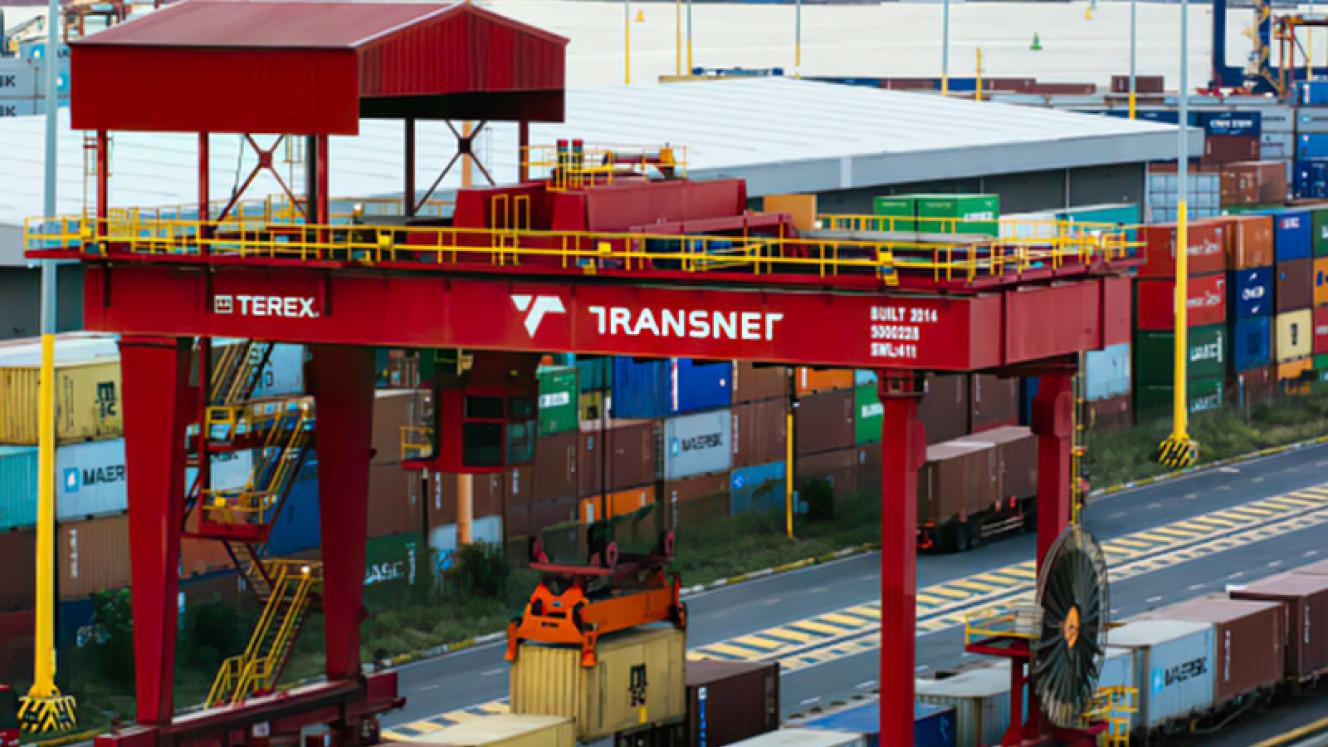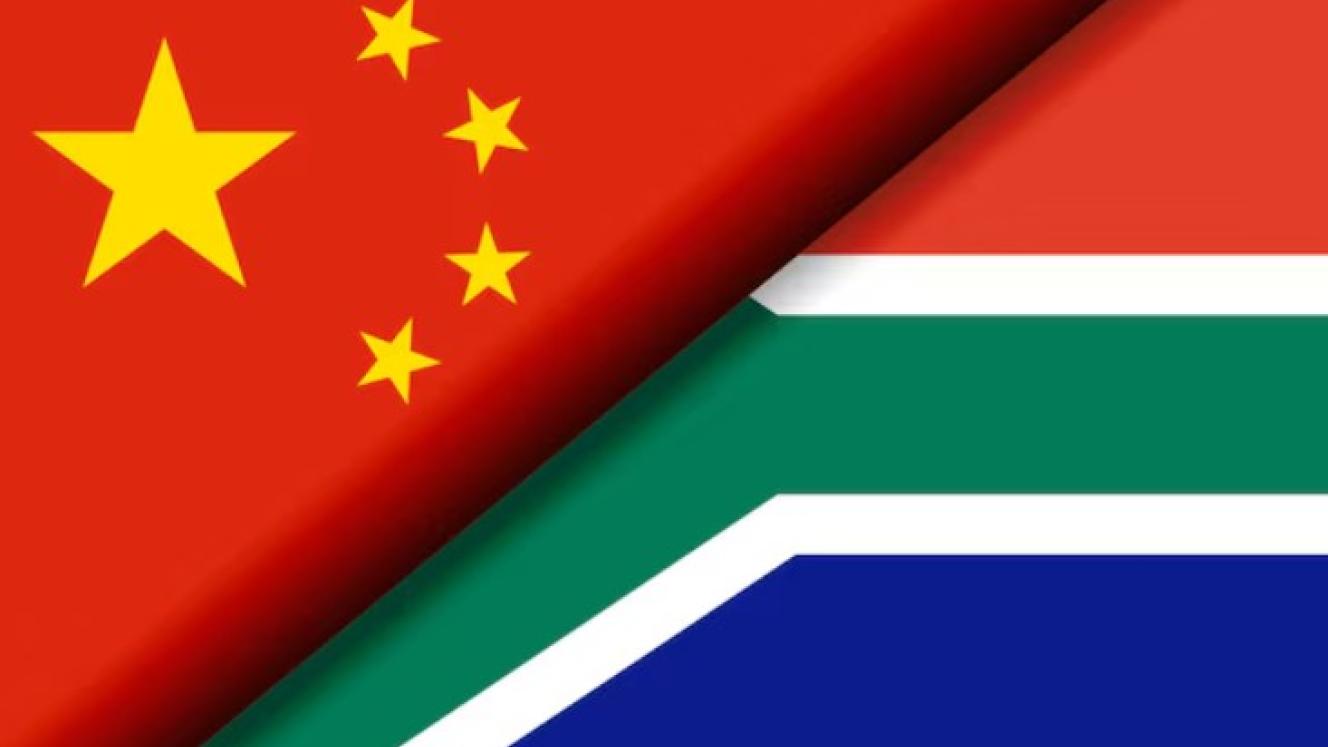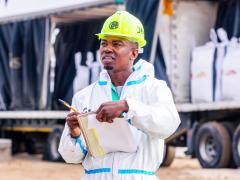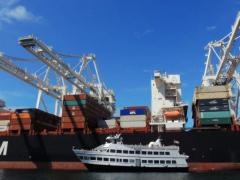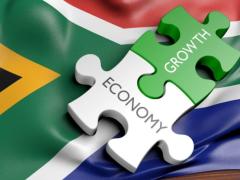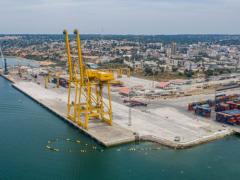The Minerals Council South Africa was working “in close collaboration” with Transnet’s board and management to improve performance of the parastatal’s port and rail services, the industry body said on Thursday.
This was the council’s reaction after a controversial letter signed by Minerals Council chairperson Nolitha Fakude was leaked to News24 and widely cited across news media this week. In the letter, Fakude blamed Transnet CEO Portia Derby and Transnet Freight Rail CEO Sizakele Mzimela for the poor performance of the parastatal’s services, warning that the country faced an “existential crisis” if the parastatal was not fixed urgently. He called for the pair to be replaced and warned that Transnet could go bankrupt if the board did not take action.
Minerals Council South Africa spokesperson, Allan Seccombe, declined to respond to the concerns raised in the letter.
“The Minerals Council will not comment on the contents of a letter clearly marked confidential. The Minerals Council is working in close collaboration and in a spirit of cooperation with the Transnet board and management to urgently resolve deep-seated problems and constraints in the rail and port logistics to the benefit of bulk commodity companies, Transnet and the fiscus,” Seccombe said.
He added that the Minerals Council and Transnet had established joint teams to tackle the constraints on bulk commodity export channels.
“The Minerals Council and its members are committed to finding urgent, pragmatic and lasting solutions to the problems curtailing mineral exports,” Seccombe said.
Transnet declined to comment on the allegations and warnings raised in the letter, blaming its poor performance on crime and state capture.
“It is a well-known fact that Transnet is recovering from a significantly challenging period – and in addition to the rampant cable theft and infrastructure vandalism experienced in recent years, the impact of state capture has been extremely damaging on Transnet,” a spokesperson said.
“It has resulted in, among other things, the unavailability of locomotives and spare parts, impacting both Transnet and its customers negatively. These are challenges that Transnet has been upfront about, and the company is implementing measures to address these,” he said.
Transnet had a “strong working relationship” with the Minerals Council and was in regular discussion with the mining sector, and other customers, regarding suggestions for “ongoing improvements” to its service, he added.
“Where there are challenges, these are addressed jointly, in the interests of all parties.”
A recovery steering committee was put in place in December.
“We are confident that this will soon begin to yield the desired results.”
The Transnet SOC board and the Minerals Council South Africa announced their plans to work together in an earlier joint statement in which the parties said they had agreed to establish “joint collaborative structures” to ensure “all possible actions are taken to stabilise and improve” the throughput of rail and ports systems.
To achieve stabilisation and improved performance, the Transnet board and the Minerals Council said they had agreed to establish a joint oversight panel, a recovery steering committee, and channel optimisation teams for each major commodity - coal, iron ore, manganese and chrome.
The steering committee will deliberate, agree on and drive cross-cutting, practical solutions for rail and ports to improve flows across corridors.
Minerals Council president Nolitha Fakude said: “We are determined to find practical solutions to our rail and port challenges and ensure that all producers, big and small, share in the inclusive growth that comes from improved operational performance.”
Transnet Board chairperson Popo Molefe said the parastatal looked forward to “an equally open and constructive relationship” with the council and Transnet’s key customers “to stabilise the performance on the channels for the benefit of the country”.
